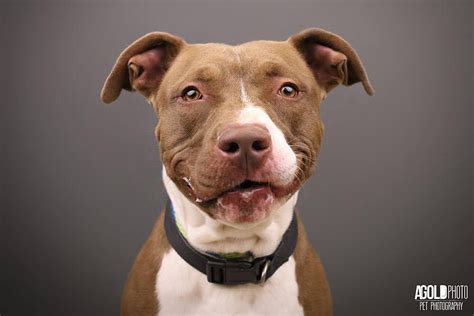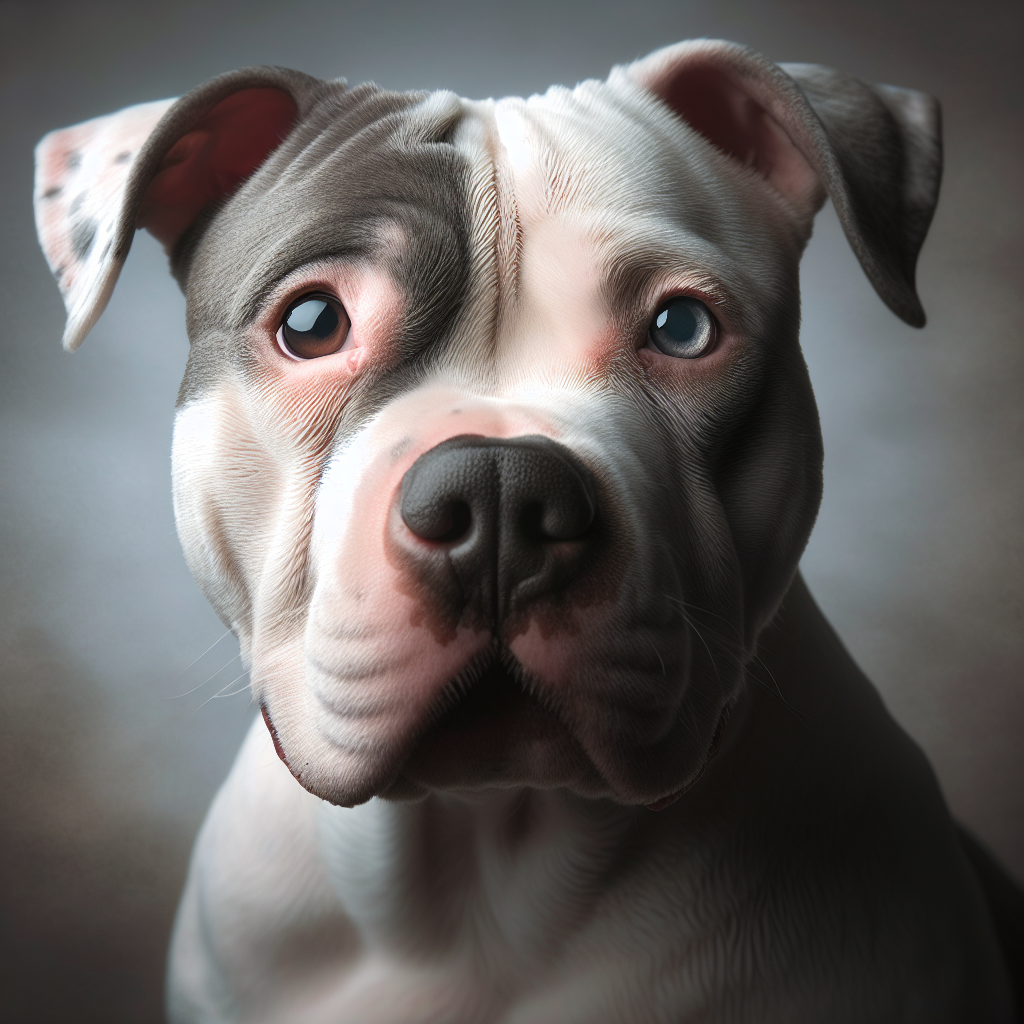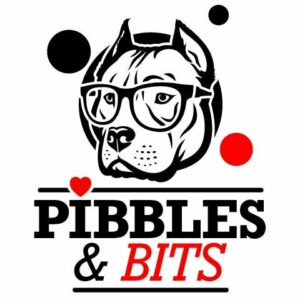
Have you ever come across the phrase “pitbulls with Down syndrome”? This term has gained some attention in recent years, with dog owners becoming curious about the possibility of pitbulls having this genetic condition, and how they may be affected. In this article, we will dive into the world of pitbulls with Down syndrome, exploring the signs, causes, and compassionate care needed for these unique dogs.
Pitbulls with Down Syndrome: Understanding the Condition
Down syndrome, in humans, is a genetic disorder caused by the presence of an extra 21st chromosome. It is characterized by developmental delays, intellectual disabilities, and various physical anomalies. When it comes to dogs, the term “Down syndrome” is not scientifically accurate in referring to a canine genetic disorder. However, it is sometimes used to describe a pitbull exhibiting similar signs and symptoms to those found in humans with Down syndrome. Misconceptions and myths about pitbulls with Down syndrome abound, leading to confusion and misinformation about this condition.
It is essential to understand that most vets and canine geneticists do not consider pitbulls with Down syndrome as truly having this condition. Instead, they believe that these dogs may have other genetic disorders, developmental delays, or illnesses that lead to appearances and behavior similar to human Down syndrome. As such, it is important to approach this topic with caution and a commitment to seek accurate information from reliable sources.
Pitbull with Down Syndrome: Recognizing the Signs
As mentioned earlier, the term “pitbull with Down syndrome” does not accurately describe a specific genetic condition but is rather used to encompass a range of traits that may be present in some pitbulls. These characteristics can be divided into physical and behavioral traits. Physically, affected pitbulls may exhibit features such as an unusually shaped head, short limbs, and facial anomalies. These physical traits, however, can also be found in other genetic disorders and developmental issues.
Behaviorally, some pitbulls may display delayed mental development, resulting in issues like learning difficulties and reduced problem-solving abilities. In some cases, affected pitbulls may exhibit poor social skills or heightened anxiety. However, it is essential to note that these behavioral traits are not exclusive to dogs labeled as pitbulls with Down syndrome and can result from other health or environmental factors. Consulting with a veterinarian is key to understanding the underlying cause of your pitbull’s unique traits.
Pitbull Down Syndrome: Causes and Genetic Factors
While a true canine equivalent of human Down syndrome is unlikely, several genetic factors could lead to similar physical and behavioral traits in pitbulls. Chromosomal abnormalities, inbreeding, or a combination of other genetic and environmental factors can result in developmental delays and anomalies. However, it is important to note that diagnoses for these underlying causes can be complex and may require input from canine geneticists and veterinarians.
Inbreeding, in particular, can be an essential factor to consider when discussing pitbulls that exhibit traits similar to Down syndrome. When closely related dogs are bred, there is an increased risk that offspring may inherit unwanted genetic traits, diseases, or deformities. Responsible breeding practices and testing for pre-existing genetic conditions are crucial to reducing the likelihood of producing pitbulls with these potential challenges.
Down Syndrome Pitbull: Health Concerns and Management
Regardless of the underlying cause, pitbulls with physical and behavioral traits similar to human Down syndrome may face numerous health concerns. Common issues can include heart, vision, and hearing problems, as well as increased susceptibility to infections and autoimmune disorders. Early and regular veterinary care is crucial in monitoring and managing these health challenges, and treatment plans may be highly individualized depending on the specific conditions present.
Ensuring the quality of life for affected pitbulls should be a top priority for owners. This includes promoting physical health via a balanced diet and exercise routine, providing mental stimulation to keep your dog engaged, and ensuring comfort and safety in their environment. Through attentive care and a focus on your pitbull’s welfare, it is possible to create a supportive and nurturing environment for them to flourish.
Pitbulls with Down Syndrome: Compassionate Care and Support
As the owner of a pitbull exhibiting traits similar to human Down syndrome, it may be necessary to adapt your home and lifestyle to accommodate their unique needs. Modifications may be needed around the home to improve accessibility and safety, such as adding ramps, non-slippery flooring, or designated spaces for rest and play. Training and socialization may need to be approached with patience and understanding, and your pitbull may benefit from specialized methods that cater to their abilities.
Finding a community and resources for support can make a significant difference in the life of both you and your pitbull. There are numerous online forums, social media groups, and other avenues where you can connect with fellow dog owners who have faced similar challenges. These connections not only help in sharing experiences, advice, and resources but also provide a sense of belonging and encouragement for you and your unique pitbull companion.

Conclusion
In summary, the term “pitbulls with Down syndrome” is a misnomer, and the presence of similar traits in some pitbulls are more likely to be the result of other genetic disorders, developmental issues, or illnesses. The most important aspects for caring for these unique dogs include:
- Recognizing the signs and symptoms within physical and behavioral traits
- Understanding the potential causes and genetic factors, such as chromosomal abnormalities and inbreeding
- Addressing health concerns and management through early and regular veterinary care
- Providing compassionate care and support by adapting the home, lifestyle, and seeking community resources
By keeping these crucial points in mind, responsible dog owners can create a supportive environment that ensures the well-being and happiness of their pitbull companions, regardless of their unique challenges.
